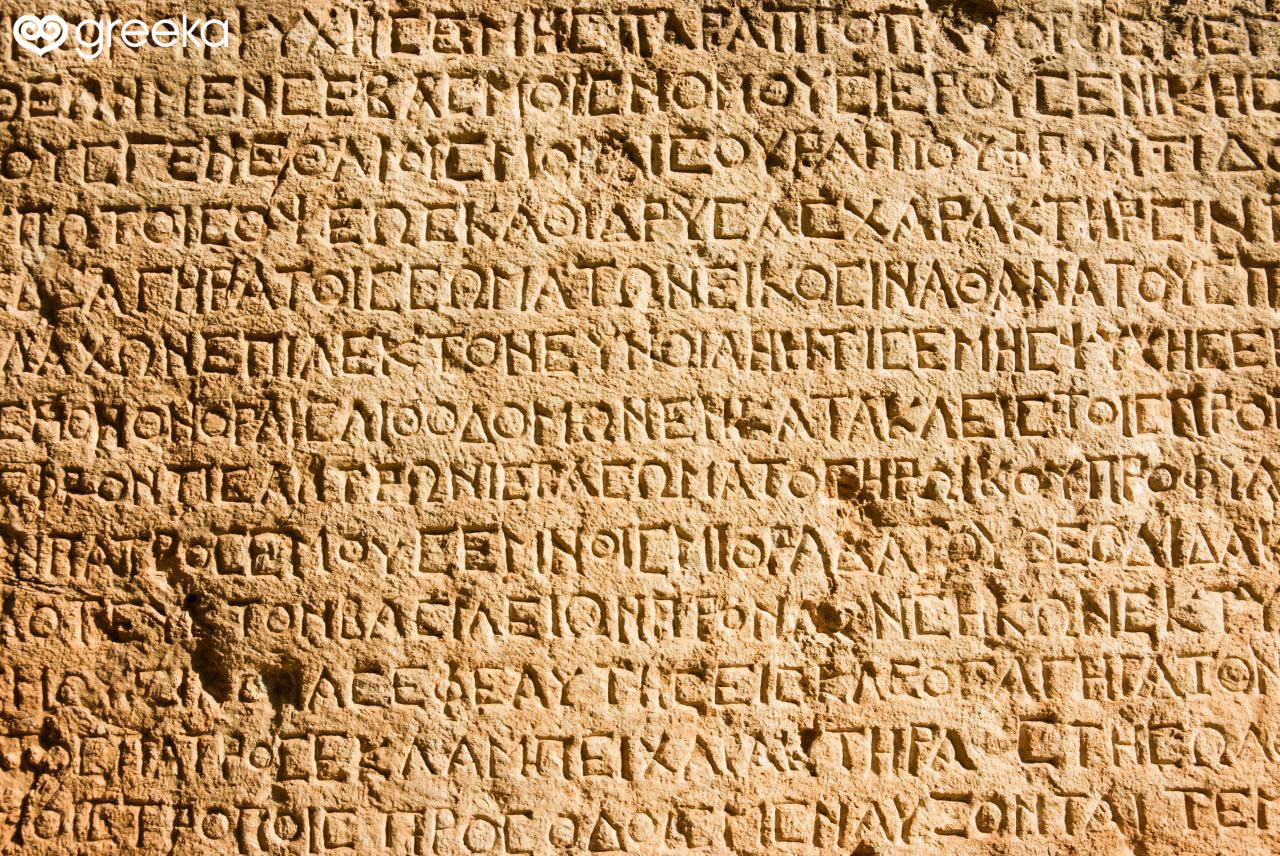Ancient Greek Course for Beginners

Ancient Greek is one of the basic languages through the centuries. It is not only due to its (linguistic and mental) relationship to the European culture, but also because of its diachronic history. The modern world, as we experience it nowadays, has been mainly based on the influence of the ancient Greek and Roman cultures.
The earliest documents of the Greek language are dated in the 15th century BC. It is about written records in the syllabic Linear B script, which were imprinted on clay tablets. In 1952, the classicists Michael Ventris and John Chadwick deciphered these texts, which were found during excavations at the Mycenaean palaces, and proved that their language was the ancient Greek. Moreover, modern scholars have discussed that the Homeric texts have been initially written in the Mycenaean dialect. Since the use of the Phoenician alphabet in the 8th century BC, the main Greek idiom, the Attic, has been used to express the necessities of Philosophy, Poetry, Politics, History, Drama and other aspects of the ancient Greek and Roman world.
This course has been organised for beginners (no previous knowledge is required). After a short introduction to the Greek language and the Ancient Greek alphabet, selected texts from the most renowned authors (Homer, Plato, Thukidides, Aristotle etc.) will be presented. During the course, the students are going to learn basic vocabulary and practise the most common grammatical or syntactic phenomena.
Duration of the seminar: September, 5th - December, 26th
For subscriptions or any questions, please apply at: archaeologyandhumanities@gmail.com
Registration is open until Saturday, 22nd of August, 2020
SPECIAL OFFERS:
5 % discount for registration until 5th of August
10 % discount for pre-payment

Σχόλια
Δημοσίευση σχολίου